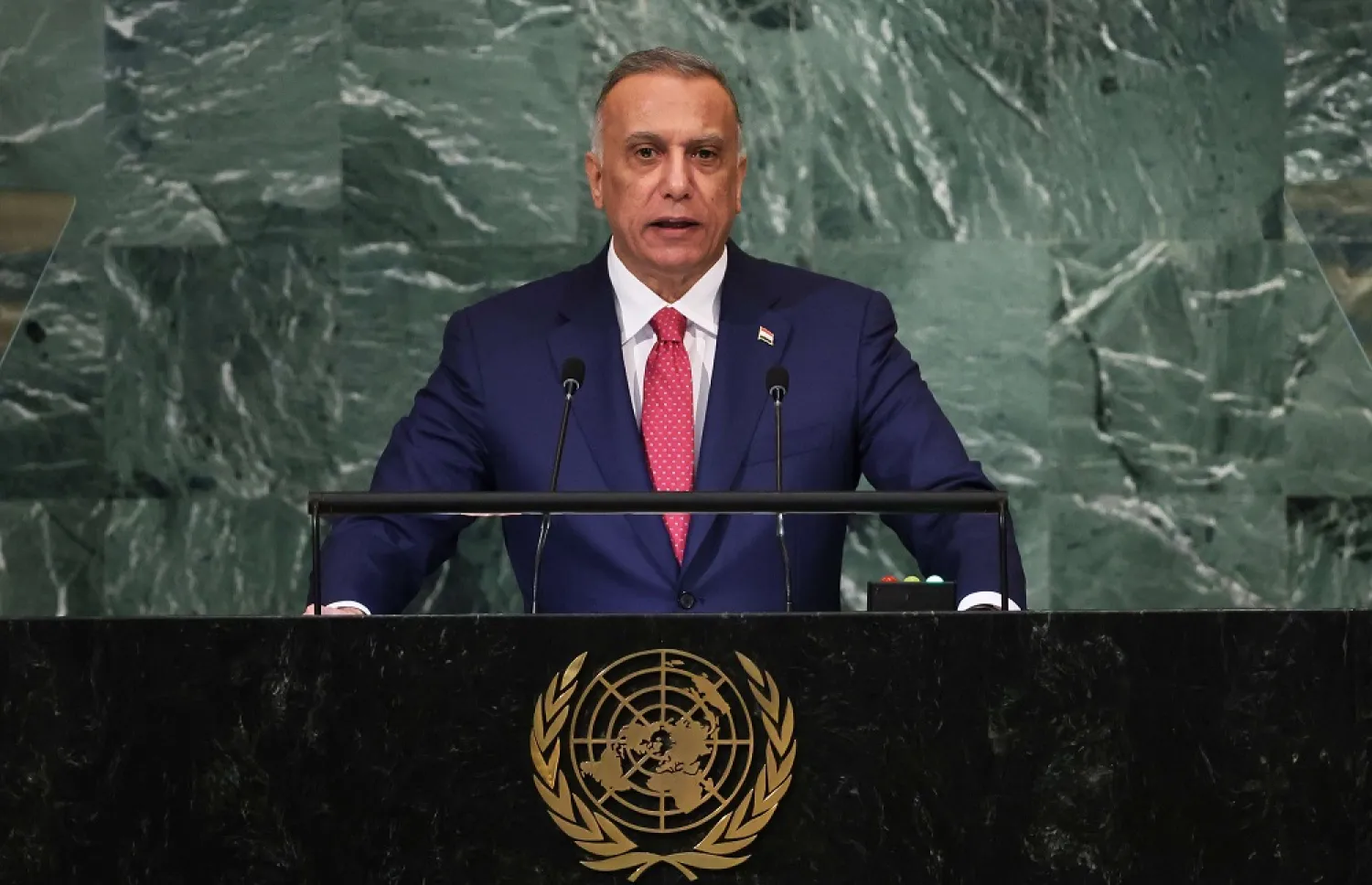Iraq’s caretaker Prime Minister Mustafa al-Kadhimi warned on Saturday against the formation of a government that excludes Sadrist movement leader, Shiite cleric Moqtada al-Sadr.
In an interview to Al-Monitor, the PM warned that such a government will face “major challenges.”
“Everyone now understands that any government that does not involve Sadr will face huge challenges,” he added.
Iraq’s political class faces a “crisis of trust” with the public, he said. Excluding Sadr, for example, could lead to a repeat of October 2019, or worse.
“Iran has friends in Iraq, and it is able to influence them and push them toward dialogue rather than using the weapons that they currently possess,” Kadhimi told Al-Monitor.
“We need a good relationship and we currently do have a good relationship with Iran.”
Meanwhile, Sadr’s rivals in the Shiite pro-Iran Coordination Framework have shown flexibility over the possibility of reaching an understanding with the cleric to end Iraq’s political deadlock.
Head of the Asa'ib Ahl al-Haq and one of the Framework’s most hardline members Kais Khazali said on Friday that the grouping is “open” to solutions that may end the impasse.
He remarked, however, that “there can be no turning back the clock and returning the resigned Sadrist MPs to parliament.”
Early parliamentary elections is the only way for them to return to the legislature, he added in televised remarks.
Furthermore, Khazali said the Framework was prepared to abandon the nomination of Mohammed Shia al-Sudani as prime minister if it will pave way to ending the stalemate.
“Whatever the Sadrist movement wants, it will find that the Framework is ready to discuss it. The Framework is open to the Sadrist movement and receptive to it to end the political crisis,” he stressed.
Head of the Center for Political Thinking in Iraq, Dr. Ihssan Shmary told Asharq Al-Awsat: “The Framework is displaying flexibility based on Sadr’s recent statement that called for peace, forgiveness, reconciliation and shunning division.”
It seems that there is a change in his position, which may have led to a change in Khazali’s, he added.
However, a closer look will show that both officials are really not being flexible. Sadr is approaching the crisis from a religious angle, not a political one. He does not want to return to political life, explained Shmary.
Rather, he just set a roadmap and is waiting to see how others respond, he went on to say.
On Khazali’s remarks, Shmary said the Framework is not united in position. Khazali may be ready to abandon Sudani’s nomination, but his partner, former PM Nouri al-Maliki is not.
Moreover, Khazali laid out conditions to Sadr, who is unlikely to accept them because he doesn’t allow conditions to be imposed on him, said Shmary.









